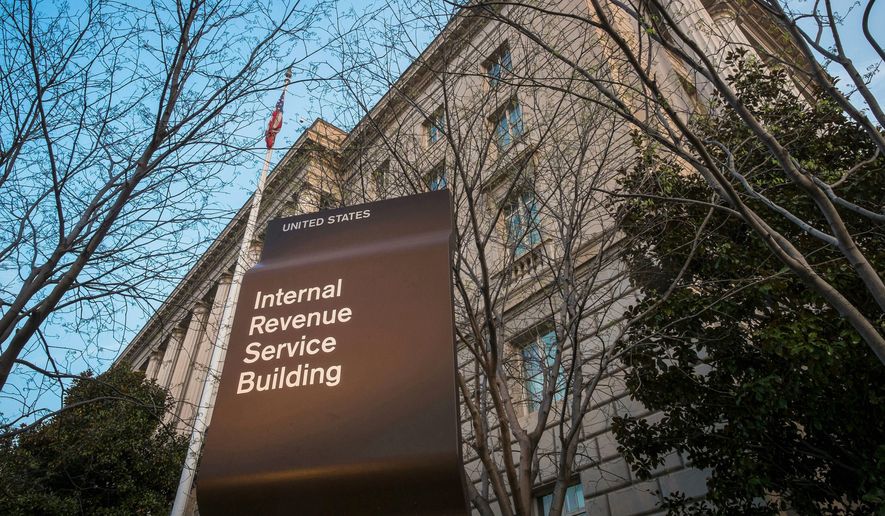More than half of IRS employees found to have intentionally cheated on their taxes last year were allowed to keep their jobs, according to numbers released by the inspector general that suggest the agency is still reluctant to punish its own staffers for breaking tax laws.
Nine employees caught cheating between April and September, the most recent reporting period, had their penalties “mitigated” by Commissioner John Koskinen.
It’s impossible to pinpoint the leniency rate because the IRS, citing privacy rules, would say only that one to three employees were fired during the same period, and one to three employees were allowed to resign. That means the leniency rate could be anywhere from 60 percent to 82 percent.
In 2015, when the inspector general released a major report on the issue, the leniency rate was 61 percent.
IRS officials say their employees are like anyone else, and life circumstances can get in the way of being able to pay their taxes in full, on time. Still, the agency said, its staff overall is law-abiding, with compliance rates far higher than that of the general public.
“The vast majority of IRS employees, nearly 99 percent, file and pay their taxes timely — one of the highest tax compliance rates across government agencies and higher than general taxpayer population estimates,” the IRS said in a statement.
But critics say the agency, which enforces American tax laws, is under an obligation to keep its own operations clean.
“The privileged and well-connected should not get to live and work by another standard,” said Rep. Mark Walker, North Carolina Republican. “Just like with Commissioner John Koskinen, these IRS employees have failed in performing their duties and have neglected the laws they are supposed to uphold.”
He said accountability demands that Mr. Koskinen be removed from office.
Last week, Mr. Walker led a letter addressed to President Trump, signed by more than 50 other Republicans, asking that the new president fire Mr. Koskinen.
The lawmakers said the commissioner surrendered his right to lead after he misled Congress in the investigation into targeting of tea party groups.
Mr. Koskinen last year survived an attempt by some House Republicans to impeach him.
The problem of employees cheating on their taxes stretches back well before Mr. Koskinen took office. The 2015 inspector general’s report found that 61 percent of employees found to have intentionally failed to file or understated taxes from 2004 to 2013 were allowed to stay.
Those mitigated cases included employees who overstated their expenses, repeatedly failed to file on time and claimed a homebuyer’s tax credit — without ever buying a home.
The IRS says mitigated cases can result in anything from suspension to a reprimand.
Some of the employees in that earlier report went on to receive bonuses or promotions within a year after they were found to have cheated.
The inspector general recommended better transparency on the part of Mr. Koskinen, saying the agency needed to be able to prove it was acting consistently. The IRS agreed with those recommendations.
The House Ways and Means Committee, which is responsible for writing tax laws, said the report was a wake-up call and the law is clear “that IRS employees be dismissed if found to be willfully noncompliant in their federal tax obligations.”
Republicans on the committee wrote a bill last year that would have stopped IRS hiring until the agency was able to certify that none of its employees was delinquent on taxes. The legislation cleared the House on a 254-170 vote, but the Senate never acted.
“Public perception of the IRS workforce is undermined when the IRS tolerates such behavior,” the committee said.
The IRS also has been battling Congress for years over its budget.
In 2015, the agency intentionally cut customer service to spend money on enforcing Obamacare, the inspector general found, creating an abysmal level of service. More than 60 percent of taxpayers’ phone calls were never answered, and those who were able to get through remained on hold for half an hour.
Last year, after public criticism and more funding from Congress, the service improved, the inspector general said Friday. The IRS answered 69 percent of calls, and the average wait time was 12 minutes.
• Stephen Dinan can be reached at sdinan@washingtontimes.com.




Please read our comment policy before commenting.